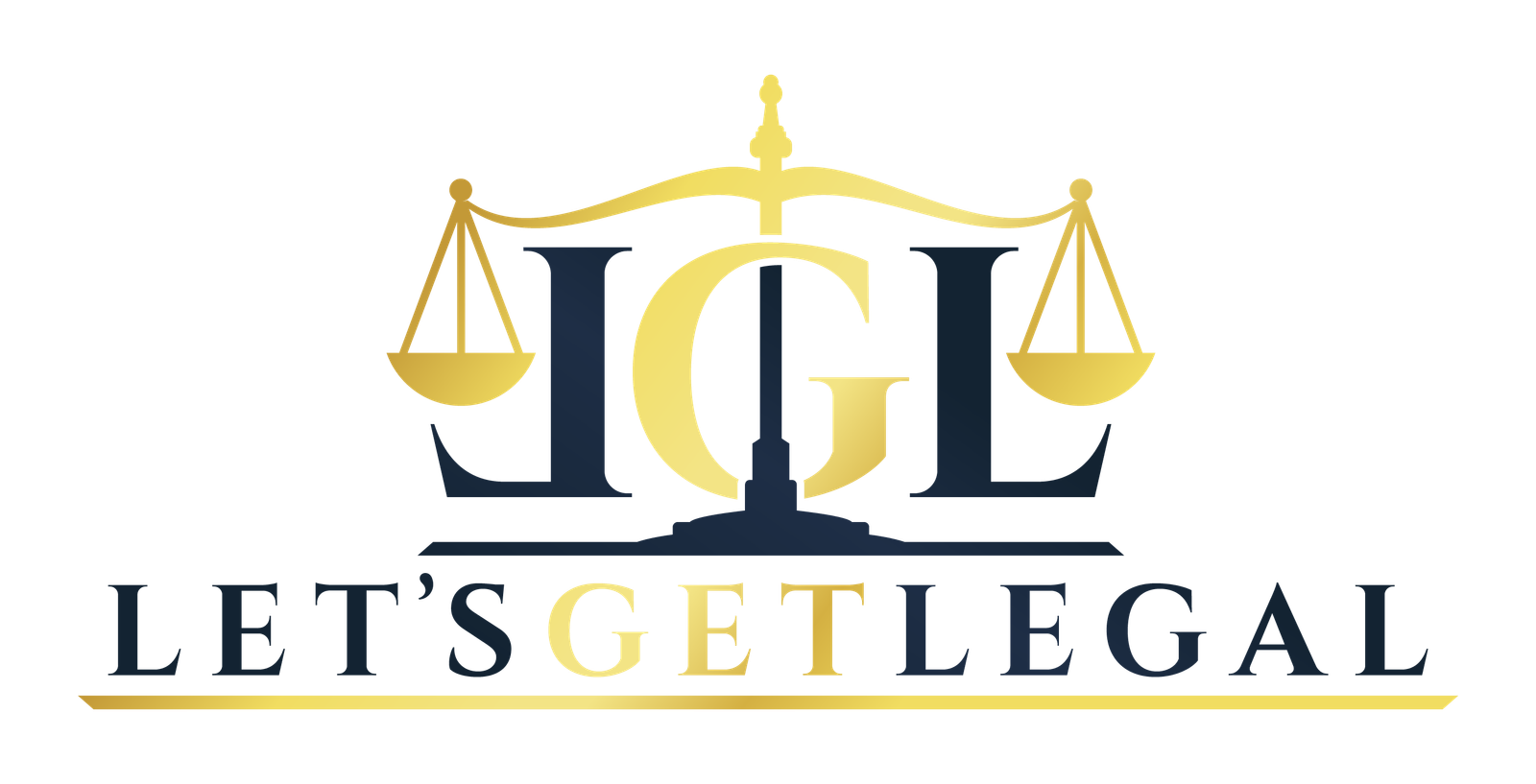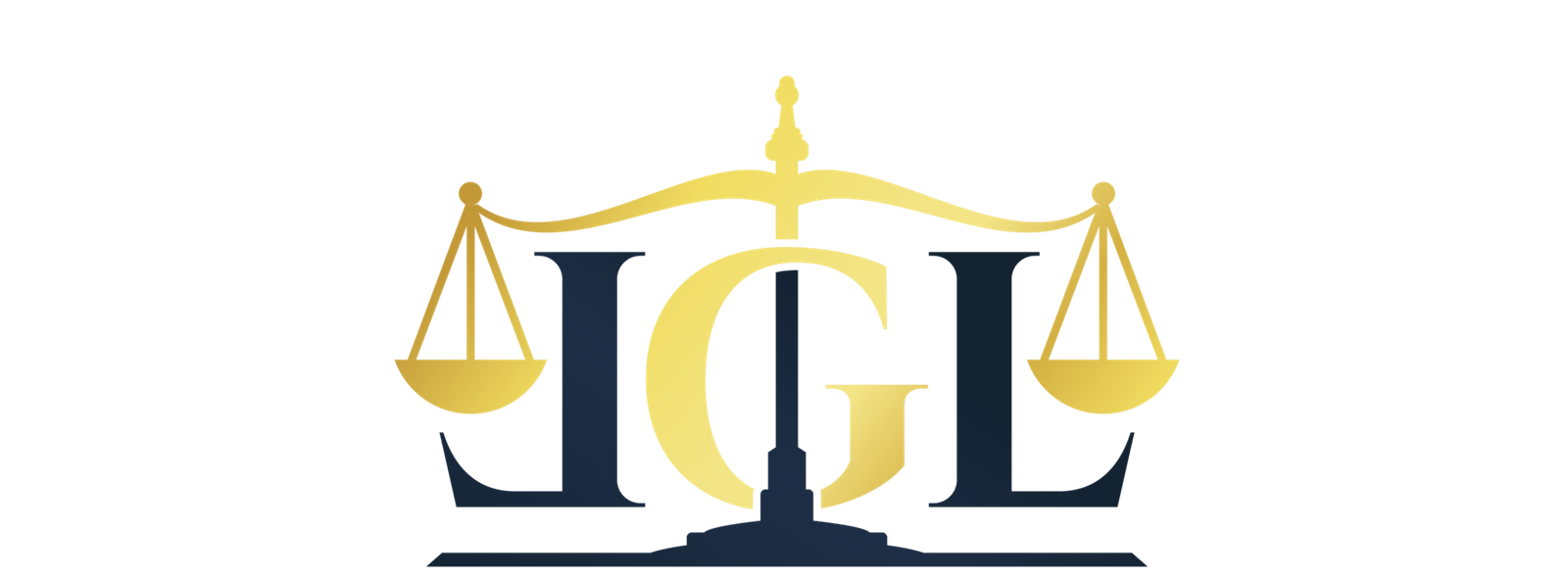A Power of Attorney is a written instrument that becomes effective immediately after it is signed, unless otherwise stated. Its effective date may be determined by the occurrence of a specific event for example, a decision by your doctor that you are unable to make decisions on your own.
As a person’s workload increases, he becomes increasingly reliant on others to complete tasks. Due to the busy activities of such individuals and their businesses, the execution of a Power of Attorney is required for delegation of authority.
Yes, every Power of Attorney needs to be attested by two or more independent witnesses who are adults of sound mind and with their free consent.
Your Power of Attorney ends when you die. It is not a substitute for a will.
There are two types of Power of Attorney: General and Special.
(i) General Power of Attorney (GPA):
Under GPA, principal empowers the agent with the right to carry out all legal acts on his behalf without restricting it to a particular transaction or act. It gives the agent a very broad range of powers to act on behalf of the principal.
(ii) Special Power of Attorney (SPA):
Under SPA, the authority of the agent is restricted to act only in certain matters or only for particular transactions or to carry out a specific legal transaction for the principal as outlined in the deed. The agent’s Power of Attorney expires on the completion of the particular transaction.
Yes, a company happens to be a legal person and is very much capable of granting Power of Attorney provided it is so authorized by its Memorandum and Articles of Association.



